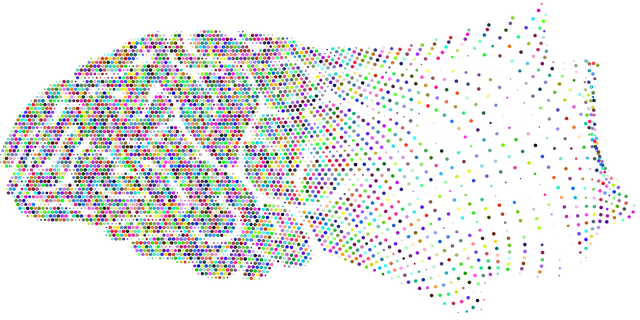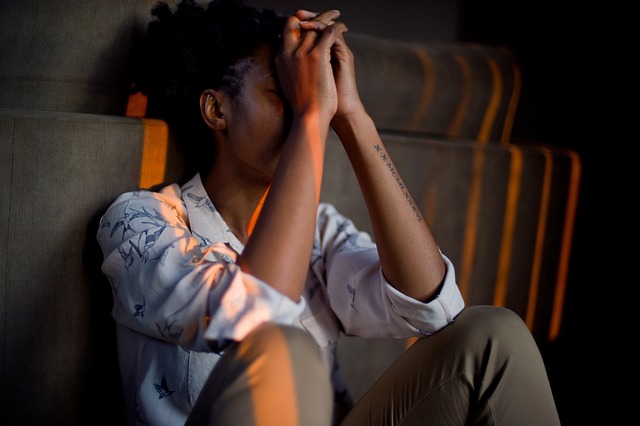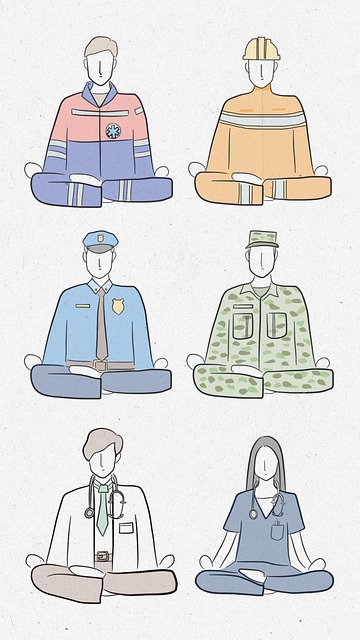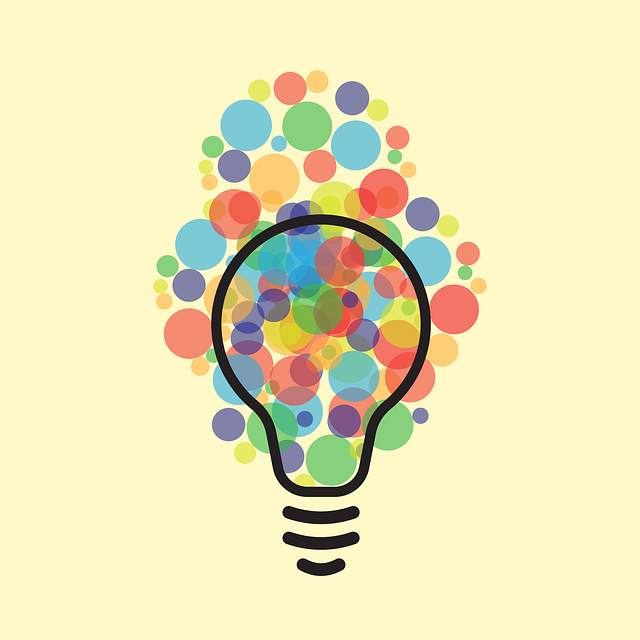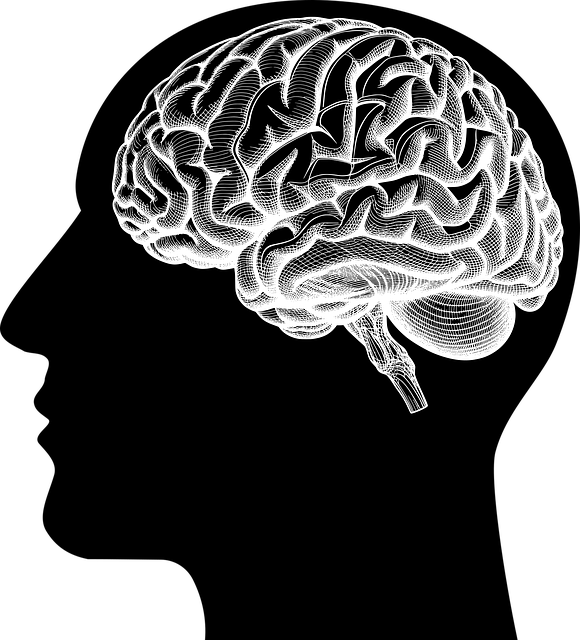Geriatric self-care requires a holistic approach addressing medical, social, and psychological needs through tailored interventions like cognitive-behavioral therapy (CBT) and trauma support services. Physical activity, such as gentle exercises, boosts mobility, independence, and mood. Supportive environments with design adjustments, mindfulness practices, and empathy building create nurturing spaces for elders' well-being. Therapy for Elders Geriatrics integrates cultural sensitivity, traditional healing methods, and accessible programs to encourage seniors to prioritize their health.
In today’s digital era, ensuring optimal self-care practices among elders in geriatrics is more crucial than ever. This comprehensive guide explores unique self-care needs specific to this demographic through therapeutic approaches targeting mental wellbeing. We delve into the profound impact of physical activity on elderly self-care and highlight the significance of supportive environments. By understanding these aspects, we can revolutionize care practices for seniors in geriatrics, emphasizing holistic well-being through tailored therapy and optimized living conditions.
- Understanding the Unique Self-Care Needs of Elders in Geriatrics
- Therapeutic Approaches to Enhance Mental Wellbeing for Seniors
- Physical Activity and Its Impact on Elderly Self-Care
- Creating Supportive Environments: A Cornerstone of Effective Geriatric Self-Care Practices
Understanding the Unique Self-Care Needs of Elders in Geriatrics

The unique needs of elders in geriatrics demand a nuanced approach to self-care practices. As individuals age, their physical, mental, and emotional well-being can be influenced by various factors, including chronic health conditions, social isolation, and cognitive changes. Understanding these specific challenges is vital for providing effective therapy for elders in geriatrics. Many older adults may require tailored interventions that address not only their medical needs but also their social and psychological well-being.
Cultural sensitivity in mental healthcare practice plays a significant role in this context. Recognizing and respecting diverse cultural beliefs and practices can enhance the effectiveness of self-care strategies. For example, integrating traditional healing methods alongside conventional therapy can be beneficial for certain elders. Moreover, organizing stress management workshops tailored to older adults’ experiences and interests can foster mental health awareness and resilience. These initiatives contribute to a holistic approach, ensuring that the diverse needs of geriatric individuals are met with compassion and cultural sensitivity.
Therapeutic Approaches to Enhance Mental Wellbeing for Seniors

The well-being of seniors is a profound aspect of holistic healthcare, and therapeutic approaches play a pivotal role in enhancing their mental health. For elders, especially those navigating the complexities of geriatrics, specialized therapy can offer a lifeline. One such approach is cognitive-behavioral therapy (CBT), which has proven effective in treating depression, anxiety, and stress—common mental health challenges among seniors. CBT empowers individuals to challenge negative thought patterns and behaviors, thereby boosting their confidence and fostering emotional resilience.
Additionally, trauma support services are invaluable for many older adults who may have experienced past traumas but have not received appropriate care or resolution. Through these services, seniors can find safe spaces to process and heal from events such as abuse, loss, or war-related experiences. By addressing underlying emotional disturbances, trauma support can significantly improve overall mental wellbeing, enabling elders to live more fulfilling lives.
Physical Activity and Its Impact on Elderly Self-Care

For elderly individuals, regular physical activity serves as a powerful tool for self-care and therapy in geriatrics. As we age, maintaining mobility becomes increasingly vital for overall health and independence. Engaging in activities like gentle walking, swimming, or chair yoga can improve strength, flexibility, and balance, reducing the risk of falls and injuries. This enhanced physical capability translates to better access to self-care routines, such as personal hygiene and household tasks, thereby fostering a sense of autonomy and confidence.
Moreover, regular movement facilitates the release of endorphins, often referred to as ‘feel-good’ hormones, which can significantly contribute to improved mood management. This aspect is crucial for mental wellness in older adults, helping them cope with age-related stress, anxiety, or even depression. Public awareness campaigns promoting physical activity among seniors and accessible development of geriatric therapy programs can further enhance these benefits, ensuring that the elderly population prioritizes their self-care through motion.
Creating Supportive Environments: A Cornerstone of Effective Geriatric Self-Care Practices

Creating supportive environments is a cornerstone of effective geriatric self-care practices. For elders, especially those navigating therapy for geriatrics, a nurturing atmosphere can significantly enhance their overall well-being. This involves designing spaces that cater to their physical and emotional needs, fostering a sense of belonging and security. Simple adjustments like ensuring adequate lighting, comfortable furniture, and quiet areas can make a world of difference in reducing stress and promoting relaxation.
Additionally, integrating evidence-based stress reduction methods, such as mindfulness exercises and emotional intelligence training, can further strengthen these environments. Empathy building strategies are also crucial; caregivers and family members should strive to understand the unique perspectives and experiences of elders, creating an empathetic ecosystem that supports their journey towards better self-care.
In conclusion, enhancing self-care practices among elders in geriatrics involves a multifaceted approach. Understanding the unique needs of this demographic, integrating therapeutic strategies to improve mental wellbeing, promoting physical activity, and cultivating supportive environments are all vital components. By adopting these holistic strategies, we can significantly improve the quality of life for seniors, ensuring they receive comprehensive care tailored to their specific requirements in geriatrics. Additionally, therapy for elders in geriatrics should be a key focus to address mental health concerns, fostering overall well-being and a sense of fulfillment during this significant stage of life.



